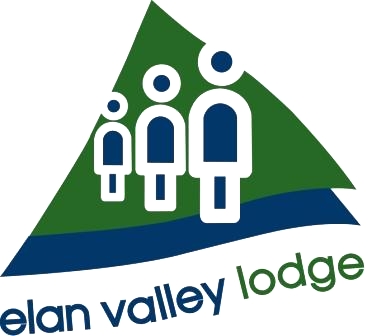Each programme is unique. For us to create the best possible solution for you we first need to discuss your aspirations.
These might include:
- The environment that your graduates will be working in and the demands that will be placed upon them.
- Your business vision, values and behavioural framework.
- The wider context of your training programme.
- Your desired outcomes.
This blended with your choice of key skills creates a programme that has both impact and relevance. Some examples of key skills are listed below:
My impact on others?
Technical competency is only one part of the offering that each of us make to business. Our ability to work alongside others, take the lead, influence, challenge, be effective and communicate are all key factors in a successful career. The programme will be designed to enable graduates to explore their own style and match this against what they consider most appropriate for their chosen career. The gap is the starting point for their personal journey.
Being an effective “team player”.
We explore the actions and behaviours that allow a person to transfer easily from one team to another, build effective working relationships quickly and learn from others whilst sharing their own knowledge openly.
Planning, time management and prioritisation
Using a selected series of short, team problem solving tasks the delegates consider the processes involved in project planning, with an emphasis on using resources effectively to produce a quality product which is delivered on time and represents excellent value for money. They will create a project management template and discuss the prioritisation of tasks and tools for time management.
Leadership
Whose responsibility is it? We will explore the role and responsibilities of the leader and manager and use appropriate leadership models to help delegates to fully understand how and when to take the lead and how to respond to and support others in the leadership role.
Communication skills
Communication involves much more than words, non-verbal signals and the manner in which a message is given have a significant impact on the effectiveness of communications. It is a two part process; the result of communication is measured on what is received and understood and not just by what is said. How do we listen actively, check that both parties have a common understanding and communicate effectively?
Personal presentation
What can we do to help project an image of a confident, competent person ready for the work place? How do we make a positive first impression? We look at body language, role models, and how to use our communication and planning skills to help us to create the right impression.

